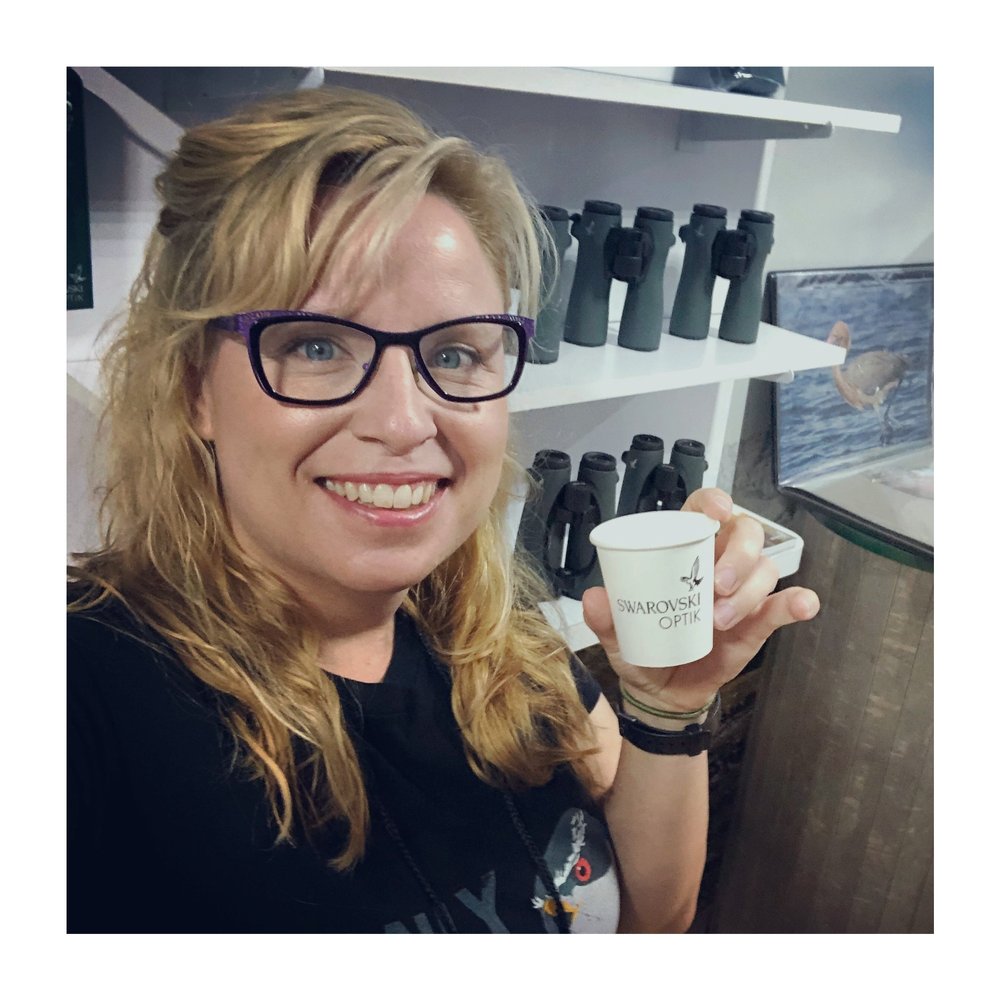This post will be updated as we hear from more suet manufacturers.
Okay, I have communicated with three different suet manufacturers regarding their nut flavored suets and the salmonella peanut butter recall. Currently, peanut butter produced from Peanut Corporation of America is at issue for salmonella contamination, not commercial brands that many of us have in our cabinets. Here are what three manufacturers told me:
C & S states on their website that their nut suets are safe due to their testing and that they do not use any of the recalled industrial peanut butter products from Peanut Corporation of America.
Pine Tree Farms grinds their own nuts and since just the nuts themselves are not part of the recall, their suet is safe.
Woodpecker Products said that their suet is safe because they do not use peanut butter from Peanut Corporation of America.
UPDATE 1: Thanks to Donald the Birder, we also have info that Heath Manufacturing is also saying that their suets are salmonella free since they do not use any of the recalled peanut butter products.
UPDATE 2: Thanks to hscott, we also have info that Wildlife Sciences says that their suet products do not contain peanut products affected by the current recall.
UPDATE 3: Scott's Wild Bird Food has recalled some of its products.
I called Cornell Lab of Ornithology for good measure and they said that if you do not know where the peanut butter ingredients came from in your flavored suet cake, don't feed it to birds. They did offer that since consumer grade peanut butter is currently not on the recall list, making your own peanut butter suet using ingredients you have on hand should be safe.
If you are looking for a suet recipe, I highly recommend Julie Zickefoose's Peanut Butter Suet Dough Recipe.
While making different phone calls, I did have one person tell me, "Birds can't get salmonella."
"Yes, they can," I said.
"No they can't," they argued.
"Yes they can..." and just as I was about to start listing salmonella outbreaks in birds in the last year, he said, "Well, they can't get the strain that's involved in the recall."
I disagree and asked Cornell about this matter. At the moment, there is so little information about the salmonella involved the outbreak we cannot say whether or not it will harm birds and it's best to err on the side of caution. Here is some information from Dr. David Bonter, the project leader of our Project FeederWatch on salmonella and birds.
"Salmonellosis is caused by a bacteria belonging to the genus Salmonella. It is a common cause of mortality in feeder birds, particularly siskins, goldfinches, and redpolls, but the symptoms are not always obvious. A sick bird may appear thin, fluffed up, and may have fecal material on its vent and swollen eyelids. Infected birds are often lethargic and easy to approach. Some infected birds may show no outward symptoms, but are carriers of the disease and can spread the infection to other birds.
Salmonellosis is primarily transmitted through fecal contamination of food and water. It may also be transmitted through bird-to-bird contact. Occasionally, outbreaks of the disease cause significant mortality in certain species.
Disease transmission can be reduced by 1) cleaning areas that are contaminated with the bacteria, and 2) discouraging large flocks of birds from gathering in one location."
At a blog reader's request, I have tried contacting Scott's Wild Bird Food about their suet and they have not answered me at this time, so I cannot say whether or not their suet is free of the recalled industrial peanut butter (this does not mean it's not safe, but at the moment, it does not have the guarantee the other suet manufacturers have). I shook my head at their website. If you go to their web page for North American bird feeding, they show European goldfinches eating their food. Too bad we don't get those in the US. If a company doesn't even know basic North American feeder birds, how we trust that they know anything about feeding birds?
So that is the current info that we have on peanut butter suet being safe for bird feeding.
